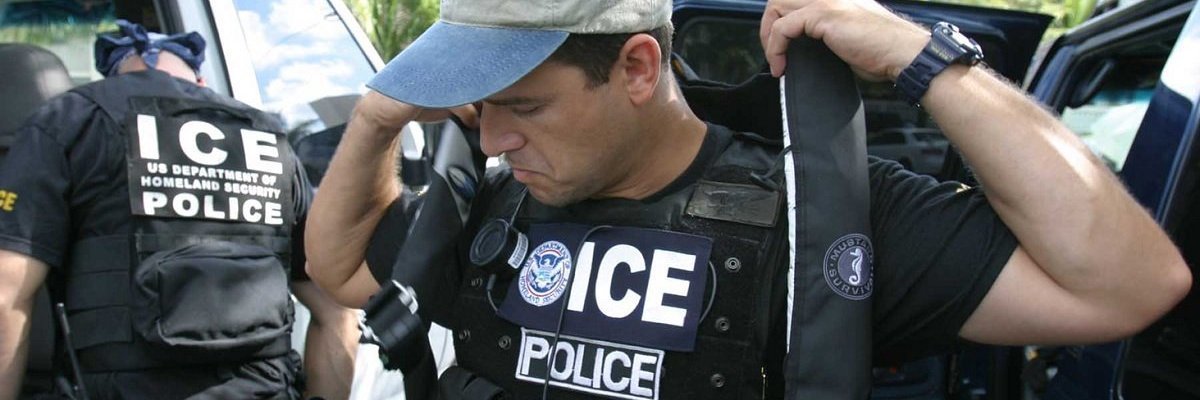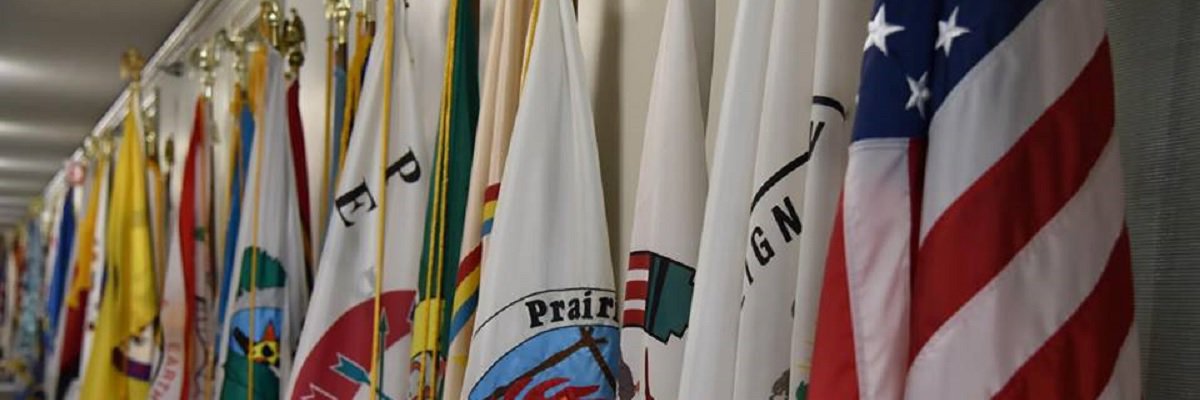Kicking off Sunshine Week, MuckRock will be examining how ICE and government agencies across the country measure up on the mechanics of transparency.
For three weeks in 2003, the Bureau of Immigration and Customs Enforcement evaluated the Predator drone as a tool for monitoring the border. Twelve years later, even as a scathing inspector general loudly questions the millions spent on border drones, records officials at ICE can’t puzzle out the news value in releasing reports from this early study.
Operation Safeguard ran from October 29 through November 12, 2003 along the US-Mexico border. This brief evaluation by ICE thus predated a similar study conducted by Customs and Border Protection agents in summer 2004.

As a smattering of references were all I could find regarding this milestone of domestic drone deployment, in January I submitted a Freedom of Information Act request to ICE for basic documents from Operation Safeguard. The agency’s response has been baffling.
In its February 5 acknowledgement, the ICE FOIA team deemed mine to be a “non-commercial” request, correctly determining that I have no commercial interest in the documents, but incorrectly determining that I do not qualify as a journalist.
For documents that may require some tracking down, this is more than a matter of journalistic pride - under FOIA fee provisions, a “non-commercial” requester is allotted two hours of search time and 100 pages of duplication for free, whereas media requesters do not pay for any search time.
When I responded with links to the dozens of articles I have written about unmanned aerial vehicles, ICE showed enviable perseverance to its original classification.

A March 3 letter signed by an ICE lawyer cites a statutory definition of “news”: “information that is about current events or that would be of current interest to the public.”
After pointing out that the operation in question took place in 2003, the letter concludes that I “failed to adequately prove that any specific information regarding Operation Safeguard is of current interest to the public.”
Granted, in recent weeks the Homeland Security inspector general has gone on national television twice — CSPAN and CNN — to question whether drones’ efficacy justify the considerable budget outlay.
But case closed, as far as ICE is concerned: documents from the infancy of border surveillance drones are not newsworthy.
What’s more, by the agency’s estimation a “plethora of documentation” is already available online regarding Operation Safeguard.

Having conducted my own online search ahead of submitting the FOIA request, I know foremost that studies from the Congressional Research Service refer to Operation Safeguard primarily in footnotes. Such CRS reports are conveniently posted on the Federation of American Scientists website.
What’s more, Senator Cantwell pressed for drones along the northern border in 2006 by vaguely citing Operation Safeguard’s findings.
But the Center for International Policy came to the most critical finding of all in surveying domestic drones in April 2013: “Unfortunately, Congress never reviewed the results of Operation Safeguard pilot project.”
Such a bounty is enviable, but is no substitute for the documents themselves. And while ICE may not see much news value in the origins of a program currently under intense scrutiny, someone somewhere just might.
Read the full denial on the request page, or embedded below:
Image via Wikimedia Commons




